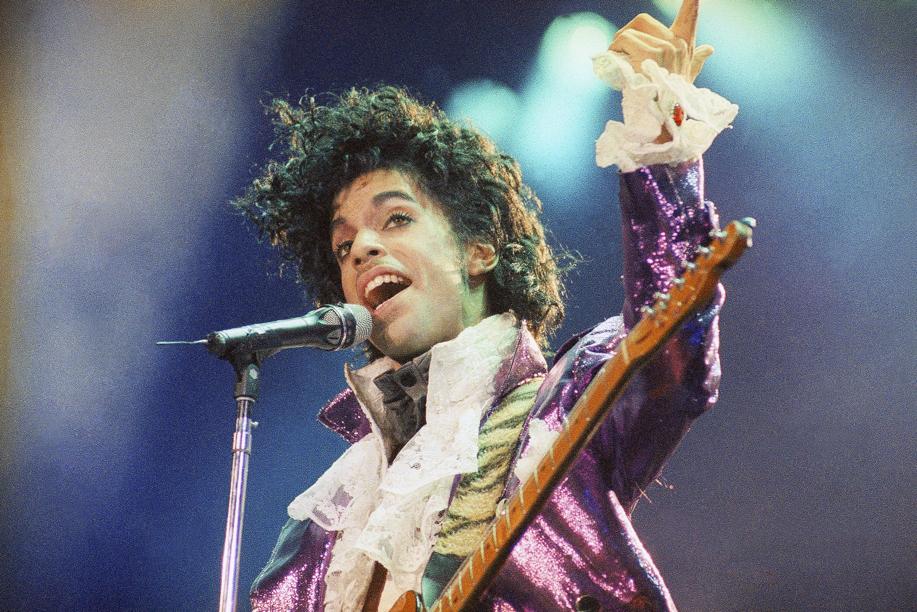
MINNEAPOLIS — A doctor who saw Prince in the days before he died had prescribed the opioid painkiller oxycodone under the name of Prince’s friend to protect the musician’s privacy, according to court documents unsealed Monday that revealed nothing about how the pop superstar got the fentanyl that actually killed him.
The affidavits and search warrants were unsealed in Carver County District Court as the yearlong investigation into Prince’s death continues.
The documents show authorities searched Paisley Park, cellphone records of Prince’s associates, and Prince’s e-mail accounts to try to determine how he got the fentanyl, a synthetic opioid drug 50 times more powerful than heroin.
They don’t reveal answers, but they do shed light on Prince’s struggle with addiction to prescription opioids in the days before he died.
Oxycodone, the generic name for the active ingredient in OxyContin, was not listed as a cause of Prince’s death. But it is part of a family of painkillers driving the nation’s overdose and addiction epidemic, according to the US Centers for Disease Control and Prevention. Nearly 2 million Americans abused or were addicted to prescription opioids, including oxycodone, in 2014.
Patients who take prescription opioids eventually build up a tolerance and need to take stronger doses to get the same effect. In some patients, the cycle leads to dependence and addiction.
Prince was 57 when he was found alone and unresponsive in an elevator at his Paisley Park home on April 21.
Just six days earlier, Prince had fallen ill on a plane and made an emergency stop in Illinois as he was returning home from a concert in Atlanta. First responders revived him with two doses of a drug that reverses the effects of an opioid overdose.
A search of Prince’s home yielded numerous pills in various containers. Some were in prescription bottles for Kirk Johnson, Prince’s longtime friend and associate.



